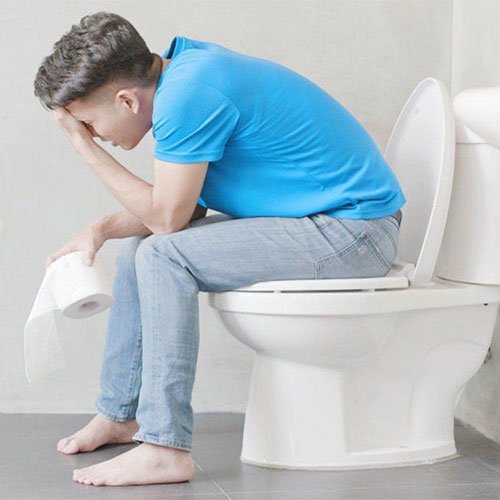
Haemorrhoids
Haemorrhoids
Hemorrhoids, also known as piles, are swollen blood vessels in the lower rectum and anus. These can occur internally (within the rectum) or externally (under the skin around the anus) and are a common condition, especially among adults. Hemorrhoids can cause discomfort, pain, itching, and bleeding, and while they are rarely serious, they can be bothersome and sometimes require medical treatment.
Hemorrhoids occur when the veins in the anus and lower rectum swell, similar to varicose veins. They can develop from increased pressure, straining, or other factors, and while they’re often harmless, they can lead to persistent discomfort.

Types of Hemorrhoids
Internal Hemorrhoids: These are located inside the rectum and are usually painless because of the lack of nerve endings in this area. However, they can cause bleeding during bowel movements and may prolapse (move out of the anus), leading to discomfort.
External Hemorrhoids: Found under the skin around the anus, external hemorrhoids are more likely to cause pain and discomfort, especially if they form a clot (thrombosed hemorrhoid). This can result in swelling, inflammation, and intense pain.
Prolapsed Hemorrhoids: Sometimes, internal hemorrhoids can push through the anal opening, leading to a prolapsed hemorrhoid. This can be painful and may require medical intervention to reposition or remove it.
Causes of Hemorrhoids
Hemorrhoids are often associated with increased pressure in the lower rectum, which can lead to the veins stretching and swelling. Common factors include:
- Straining during bowel movements
- Chronic constipation or diarrhea
- Sitting for extended periods (especially on the toilet)
- Pregnancy (due to increased pressure from the growing fetus and hormonal changes)
- Obesity
- Heavy lifting
Symptoms of Hemorrhoids
- Pain and discomfort around the anus
- Bleeding during bowel movements
- Itching or irritation in the anal region
- Swelling and lumps around the anus
- Mucous discharge or a feeling of incomplete evacuation after a bowel movement
Treatment Options
Home Remedies: Mild hemorrhoids can often be managed with lifestyle and dietary changes, such as increasing fiber intake, drinking plenty of water, avoiding straining during bowel movements, and taking warm baths (sitz baths) to soothe the area.
Medications: Over-the-counter creams, ointments, and pads containing hydrocortisone or witch hazel can relieve symptoms. Some individuals may benefit from oral pain relievers or stool softeners to ease bowel movements.
Non-Surgical Procedures: For more severe hemorrhoids, procedures like rubber band ligation (tying off the hemorrhoid with a band) or sclerotherapy (injecting a solution to shrink the hemorrhoid) may be effective.
Surgical Treatments: In cases where hemorrhoids are particularly large or don’t respond to other treatments, surgical options include hemorrhoidectomy (removal of the hemorrhoid) or hemorrhoid stapling, which blocks blood flow to the affected area.
